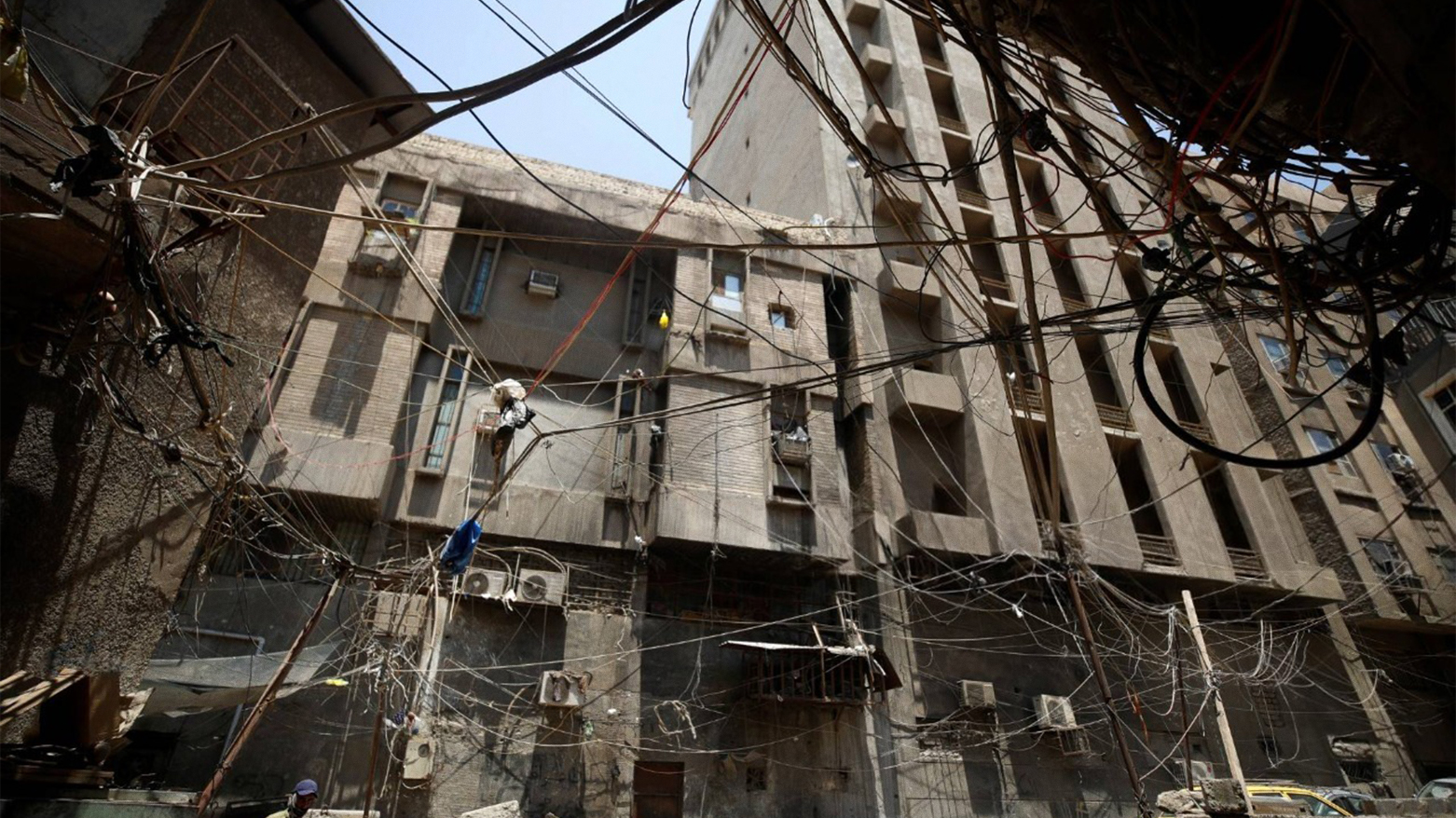Baghdad Protests Erupt Over Chronic Power Outages
Residents in Baghdad’s Al-Amin neighborhood protested ongoing power outages amid extreme heat, burning tires and blocking roads. The unrest reflects deep public frustration over Iraq’s chronic electricity failures despite years of promises and spending.

By Kamaran Aziz
ERBIL (Kurdistan24) – Frustration over a collapsing electricity system boiled over in Iraq’s capital on Sunday, as dozens of residents in eastern Baghdad took to the streets to protest continuous power outages amid soaring summer temperatures.
According to Iraqi media reports, protesters in the Al-Amin neighborhood expressed their anger at the government by burning car tires and blocking streets. Their demands were for an increase in the hours of electricity supplied and a fundamental improvement in the poor service.
The demonstrations highlight a crisis that has plagued Iraq for many years, a recurring issue previously documented in reports by Kurdistan24. As temperatures rise each summer, the national grid comes under intense pressure, leading to continuous power outages that severely affect the daily lives of citizens and disrupt public services.
This ongoing failure persists despite large government expenditures allocated to the electricity sector over the years. The Iraqi government has repeatedly promised fundamental reforms to fix the grid, but according to reports, the electricity situation has worsened rather than improved, deepening public discontent.
The protest in Al-Amin, while localized, is a potent symbol of a deeper and more dangerous issue for the Iraqi state: the profound disconnect between the country's oil wealth and its inability to provide basic, reliable services to its citizens.
The annual cycle of summer heat, grid failures, and subsequent protests has become a predictable feature of Iraqi life. For the public, it reinforces a narrative of government incompetence or corruption, eroding trust in state institutions. Each broken promise of "fundamental reform" further fuels this cynicism, making the government's word seem worthless in the face of worsening conditions.
These protests serve as a critical barometer of public anger. While this demonstration was limited in scale, the underlying grievance is widespread and felt across the country. The failure to resolve the electricity crisis represents not just a technical or financial challenge, but a persistent source of instability that threatens to spark wider social unrest, especially when combined with other economic and political pressures. It remains one of the most visible indicators of state failure in post-2003 Iraq.